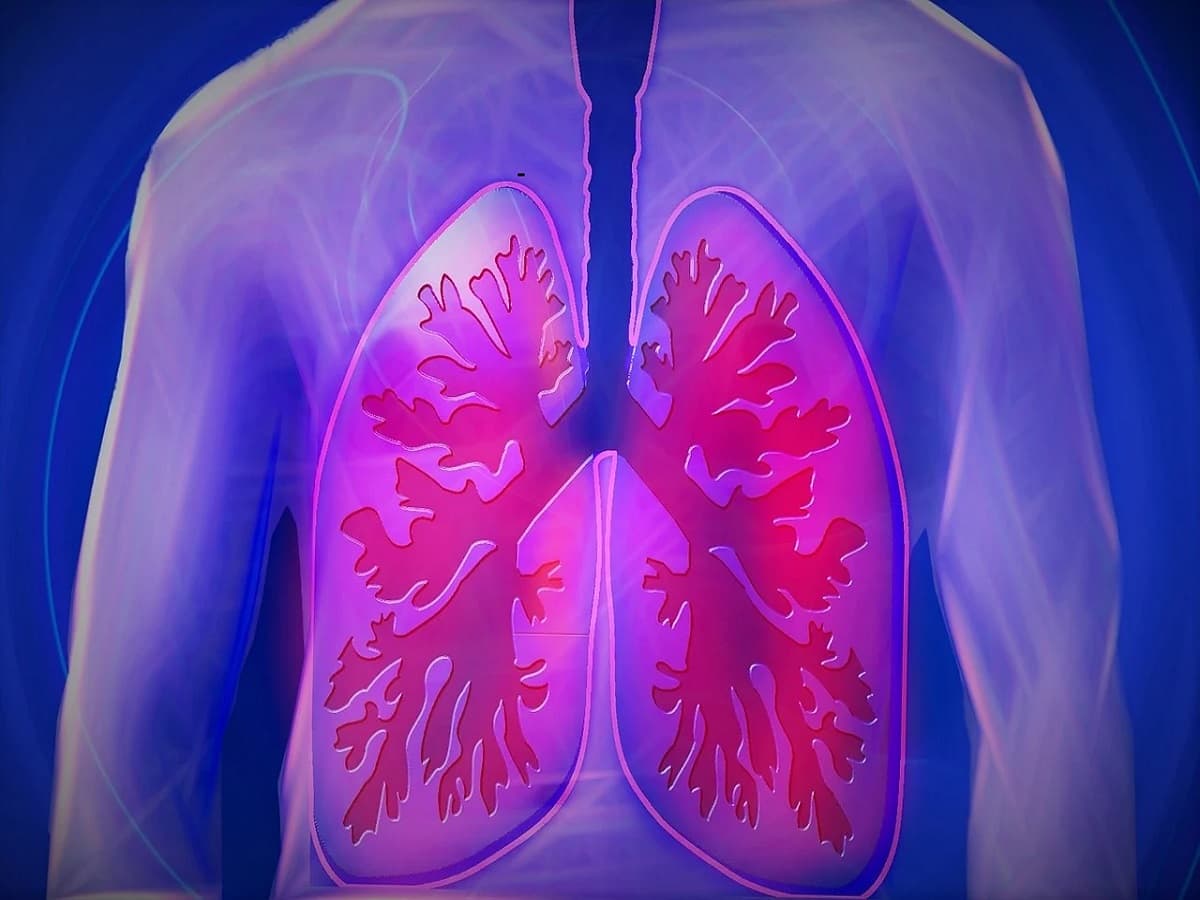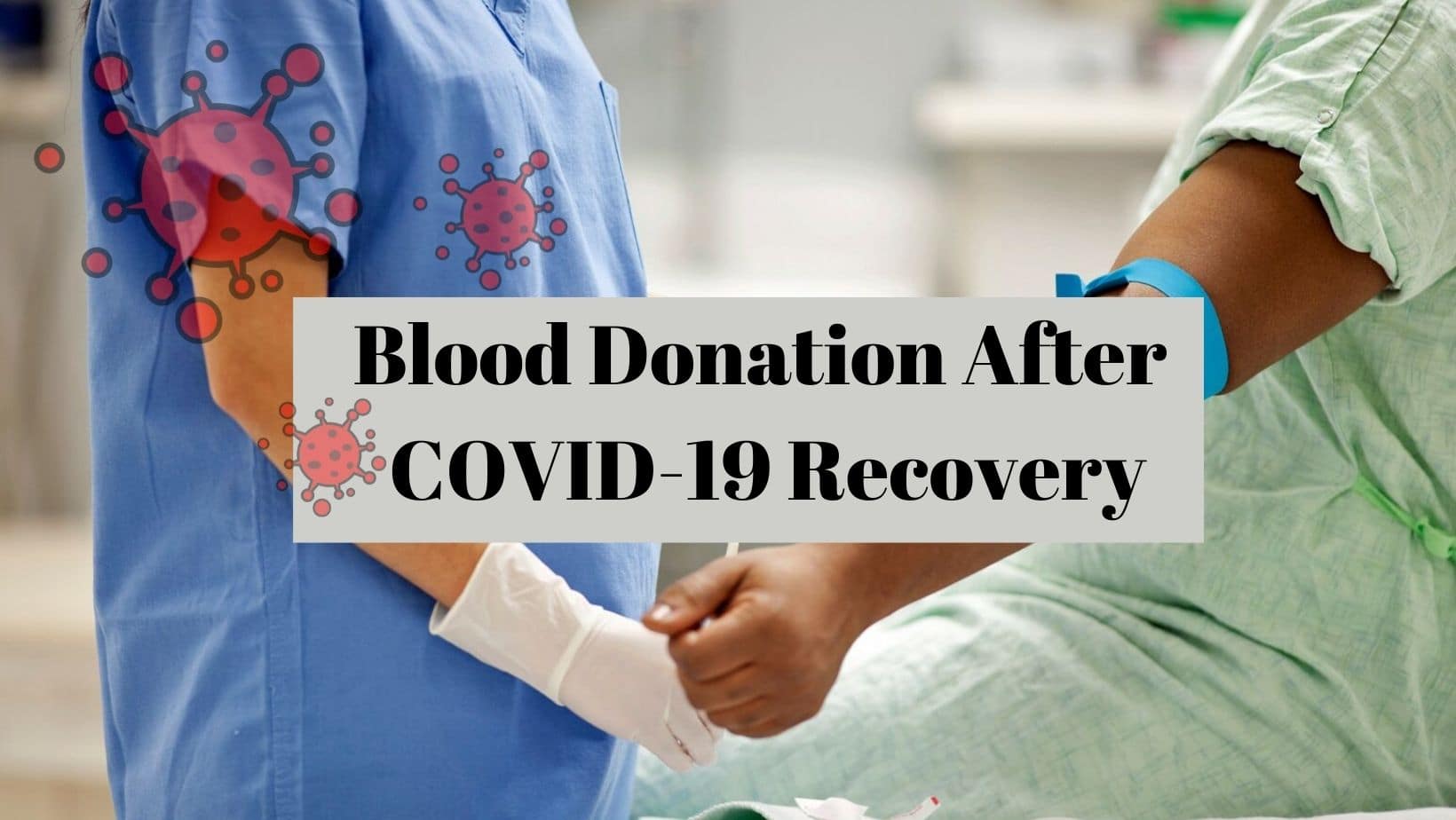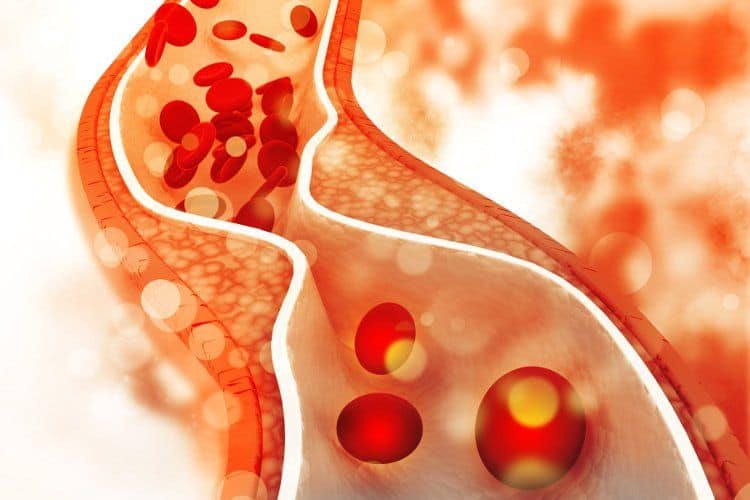 Poor Sleep May Worsen Lung Diseases – Research shows that inadequate sleep can act as a trigger for Chronic Obstructive Pulmonary Disease (COPD) and it might even accelerate disease progression and mortality.
Poor Sleep May Worsen Lung Diseases – Research shows that inadequate sleep can act as a trigger for Chronic Obstructive Pulmonary Disease (COPD) and it might even accelerate disease progression and mortality.
Do you experience erratic or insufficient sleep on a daily basis? Studies show that people who have sleep related problems are likely to have an impact on their lungs than people who are suffering from progressive lung diseases. Researchers at the University of California-San Francisco found that for patients with COPD (chronic obstructive pulmonary disease), inadequate sleep may boost their risk of a flare-up by up to 95 per cent compared to those with good sleep. These triggers can later cause shortness of breath and cough, irreversible damages on a person’s lung and might also accelerate disease progression and mortality.
The findings of this research were published in the Sleep journal. Aaron Baugh, a clinical fellow at the UCSF Division of Pulmonary Research Institute said that sleep deprivation is associated with a drop in infection-fighting antibodies and protective cytokines. The researchers followed 1,647 patients with confirmed COPD. They recorded flare-ups, defined as short-term worsening of symptoms requiring treatment, and compared their incidence with self-reported data on sleep quality.
Poor Sleep May Worsen Lung Diseases – The only way this disease can be avoided is by improving your sleep cycle and sleep health.
Tips To Improve Your Sleep
Here are seven ways of improving your sleep quality and reduce the risks of pulmonary disease.
- Stick to a proper sleep schedule. Set aside no more than eight hours for sleep. The recommended amount of sleep for a healthy adult is at least seven hours. Go to bed and get up at the same time every day, including weekends. Being consistent reinforces your body’s sleep-wake cycle.
- Pay attention to what you eat for dinner, unhealthy food might affect your sleep quality. Heavy and large meals are a bad idea before you go to bed. Even sleeping on an empty stomach will affect you sleep. Keep your dinner light and healthy.
- Create a restful environment. Make sure your pre sleep environment is peaceful and quiet. Bright lights and loud noise don’t essentially have a good impact on your sleep quality.
- Limit daytime naps as it can interfere with night time sleep. Limit naps to no more than one hour and avoid napping late in the day. However, if you work nights, you might need to nap late in the day before work to help make up your sleep debt.
- Include physical activity in your daily routine. Regular physical activity can promote better sleep. However, avoid being active too close to bedtime. Spending time outside every day might be helpful, too.
- Keep heavy and stressful work and thoughts away. Try to resolve your worries or concerns before bedtime. Jot down what’s on your mind and then set it aside for tomorrow.
- Stress management might help. Start with the basics, such as getting organized, setting priorities and delegating tasks. Meditation also can ease anxiety.
Contact a doctor if the above recommendations fail. Almost everyone has an occasional sleepless night. But if you rarely get a good nights sleep, it is important to identify and treat any underlying causes that is affecting it and can help you get the sleep you deserve after a long tiring day.
Also Read: What Are The Advantages Of Donating Blood? Here Are Facts You Should Know









